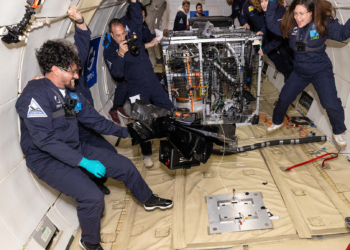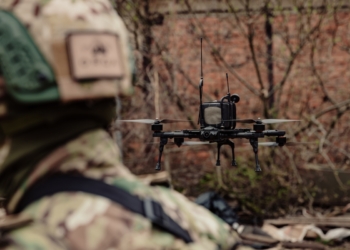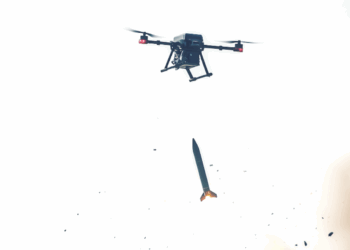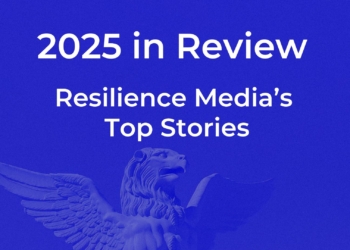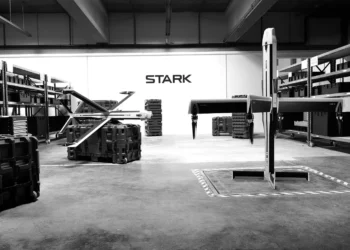The second defence tech meetup in Riga was hosted by the local tech community, with around 50 attendees from across Europe, including Ukrainians and Estonians alongside their Latvian colleagues. This write-up does not mention names or locations for security reasons. Here are our observations.
Is procurement changing?
For long-term, large-object programs like warships it won’t change and is necessary, but for smaller products like drones it is improving and needs more work. New innovation programs provide a route in but do not help to scale beyond the program.
“Germans buy German, French buy French”
The European defence market is still very protectionist, even with small drones. Politics ties it to job creation. A founder suggested you can make a local company to bypass this, but obviously having companies all over Europe becomes expensive.
The EU struggles to compete with China because it is not a nation state. ‘There needs to be an attempt to create a Defence Innovation Unit at an EU level.’
Manufacturing, logistics, and the industrial base
Innovation is not just about new products, but also new processes: can you build an existing product faster? There is increasing attention to supply chain and manufacturing resilience. If the war in Ukraine becomes frozen, focus should shift to manufacturing. There’s no point building a new drone because it will be out of date later when it’s needed, so we need to focus on how to manufacture large volumes of whatever the new drone is when we next need them.
A founder warned startups to think about who will use a product and how you will train them. Training is key; it is easy to train a few people but how do you train hundreds or thousands. Also think about logistics – how do you or they deliver the product to where it’s used. Keep it simple and make integrating easy. Soldiers in the field don’t want more screens. Technology needs to fit into existing systems.
A government speaker suggested that defence tech buyers should be encouraged to invest into the Latvian industry that built the technologies they are buying. This would help make sure defence benefits the economy and creates a more distributed industrial base.
Death by grants
On a question about grants, a speaker said that grants kill innovation by tying startups to timelines or work plans. Companies need to insulate their innovation to avoid it being crushed by a grant. Grants don’t send market signals but they can support difficult R&D that may not be possible with investment early on.
Why drone autonomy matters
Without autonomous drones, you’re limited by the number of drone pilots you have, and they become targets in the battlefield. Building drones is fast, but training pilots is slower. Pilots are the bottleneck, hence the focus on autonomy.



